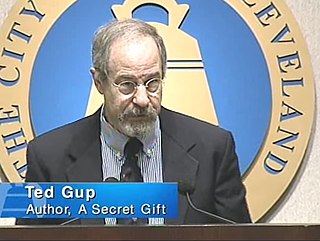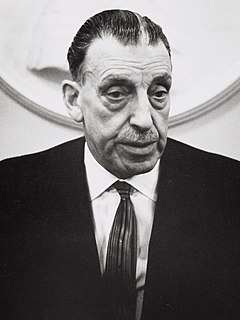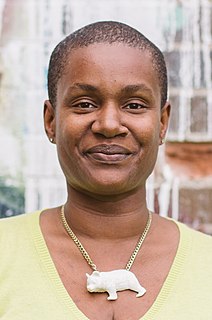A Quote by Cornel West
I think, Tom Friedman is right, and I think that we have to - we have to have a serious public dialogue to try to shift public policy in that regard.
Related Quotes
But, that’s the whole point of corporatization - to try to remove the public from making decisions over their own fate, to limit the public arena, to control opinion, to make sure that the fundamental decisions that determine how the world is going to be run - which includes production, commerce, distribution, thought, social policy, foreign policy, everything - are not in the hands of the public, but rather in the hands of highly concentrated private power. In effect, tyranny unaccountable to the public.
I don't think that much change comes from economists. I think it comes more from political realities. Probably the two giants of the 20th century, who actually did shift government policy in the U.S. and around the world, were John Maynard Keynes and Milton Friedman. I don't see anybody in our system who is at that level of influence.
Healthcare as a human right, it means that every child, no matter where you are born, should have access to a college or trade-school education if they so choose it, and I think no person should be homeless if we can have public structures and public policy to allow for people to have homes and food and lead a dignified life in the United States.
And fourthly there is a major shift in public opinion and attitude to accommodate to the post-9/11 mentality and the Bush administration's penchant for secrecy. I think the public has simply become increasingly accustomed to being turned away from vital information and is protesting less and less. You have some squeaky wheels out there, but I don't think they're representative of the population at large.
RTE was set up by legislation as an instrument of public policy, and, as such is responsible to the government. The government have overall responsibility for its conduct, and especially the obligation to ensure that its programmes do not offend against the public interest or conflict with national policy as defined in legislation. To this extent the government rejected the view that RTE should be, either generally or in regard to its current affairs programmes, completely independent of government supervision.





































